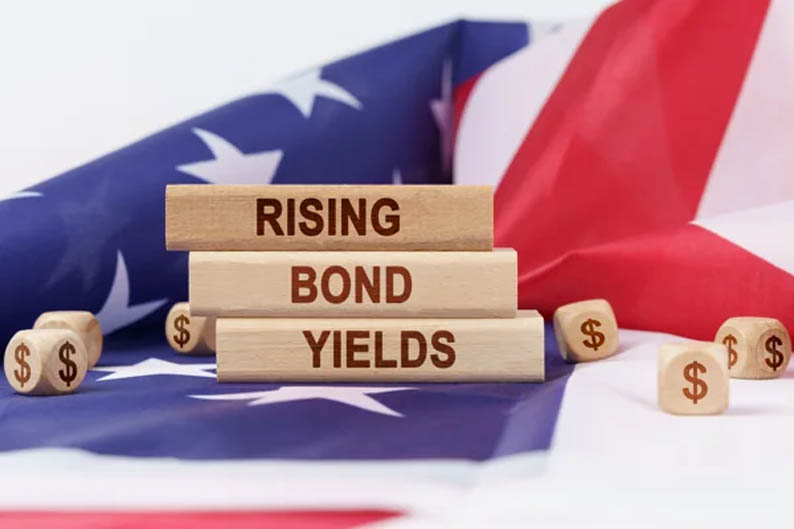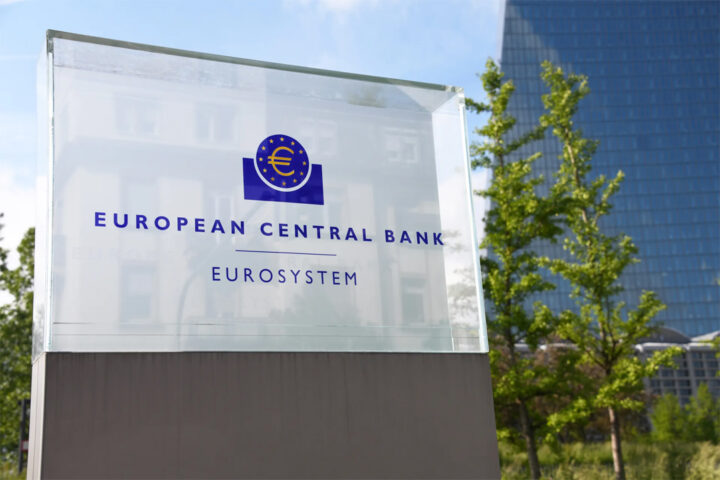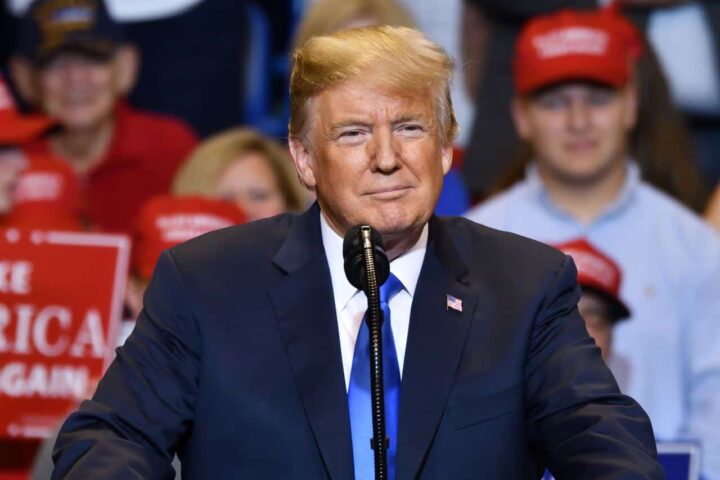As global bonds soar at the quickest pace since the 2008 financial crisis, investors need to review their investment portfolios to ensure they are on track for risk tolerance and return objectives.
This warning came from Nigel Green, CEO of one of leading independent financial advisory and fintech deVere, as sovereign and corporate debt has hit 4.9% this month, the most since it surged 6.2% in December 2008, according to Bloomberg.
“This rapid jump is attributed to growing speculation that central banks, led by the US Federal Reserve, have largely concluded their interest rate hiking cycles,” said Green.
“The expectation of stable or lower interest rates is prompting investors to seek the relative safety and yield offered by bonds.”
For global investors, the soaring bond market presents both challenges and opportunities, he warned.
“Those with significant allocations to fixed-income securities are reaping the benefits of capital appreciation as bond prices rise inversely to yields.
“However, the flip side is the potential for diminishing future returns as yields trend lower. Investors must carefully reassess their fixed-income portfolios to ensure they align with their risk tolerance and return objectives in this shifting environment.”
The deVere chief executive added that the bond market rally also has implications for equity markets and overall risk appetite.
Appeal will rise
“As interest rates stabilise or decline, the appeal of higher-yielding assets, such as dividend-paying stocks, will rise. Conversely, sectors that traditionally perform well in a rising rate environment, such as financials, could face headwinds.”
Against this backdrop, investors also face the ongoing challenge of the ‘search for yield.’
With traditional safe-haven assets offering lower returns, “there’s legitimate reason to explore riskier investments in pursuit of higher yields,” said Green.
Two officials from the US central bank, who were consistently calling for higher interest rates to curb inflation last year, indicated on Tuesday that they are now happy to hold interest rates steady. This strengthens expectations that the Fed’s current hiking agenda is finished.
Experts also believe that central banks in the UK and eurozone, and elsewhere, could also be done with hiking rates for now.
“The current surge in global bonds, reminiscent of the 2008 financial crisis, signals a significant shift in the monetary policy landscape. For investors, this trend requires a careful reassessment of investment strategies across asset classes,” the deVere CEO concluded.









